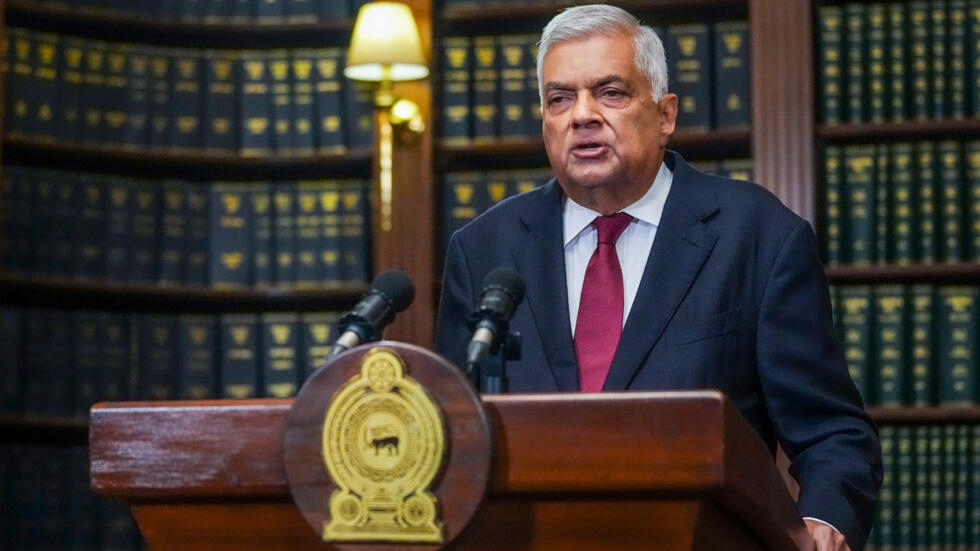First Presidential Election
Sri Lanka has announced that its first presidential election since the severe economic crisis and subsequent unrest will be held in September 2024, according to the election commission.
This election marks a significant moment for the country, as it will be the first test of public sentiment since the height of the economic downturn in 2022, which led to widespread shortages of food, fuel, and medicine across the island nation.
The election is scheduled to take place on September 21, following a five-week campaign period that begins in August.
This will be the first major electoral test since the country faced its worst-ever economic crisis, which resulted in a record 7.8 percent contraction of the GDP.
The crisis saw inflation soar to 70 percent, though it has since stabilized to more manageable levels.
President Ranil Wickremesinghe, who assumed office after his predecessor was ousted by mass protests, has signaled his intention to run for re-election.
His tenure has been marked by efforts to address the country’s economic difficulties, including negotiating a restructuring of Sri Lanka’s $46 billion foreign debt with key lenders such as China.
Despite these efforts, Wickremesinghe’s administration has faced criticism for its austerity measures, including tax hikes and cuts to utility subsidies, which have been unpopular with the public.
The election will see Wickremesinghe facing at least two major challengers. The main contender is Sajith Premadasa, 57, the opposition leader and former party ally of Wickremesinghe.
Premadasa has pledged to continue economic reforms and the IMF bailout program but has promised to alleviate some of the tax increases imposed by Wickremesinghe.
Another notable candidate is Anura Kumara Dissanayake, 55, the leader of a leftist party and former agriculture minister.
Dissanayake is campaigning against privatization plans for state-owned enterprises, which he argues will harm the public.
The election comes after local elections were postponed indefinitely last year due to the government’s claim of insufficient funds to conduct a nationwide vote.
More than 17 million Sri Lankans over the age of 18 are eligible to vote in this presidential election, with the election commission allocating $33 million (10 billion rupees) for the polling process.
I am a dynamic professional, specializing in Peace and Conflict Studies, Conflict Management and Resolution, and International Relations. My expertise is particularly focused on South Asian Conflicts and the intricacies of the Indian Ocean and Asia Pacific Politics. With my skills as a Content Writer, I serve as a bridge between academia and the public, translating complex global issues into accessible narratives. My passion for fostering understanding and cooperation on the national and international stage drives me to make meaningful contributions to peace and global discourse.










